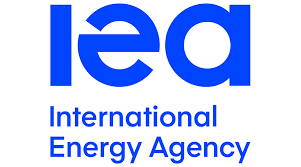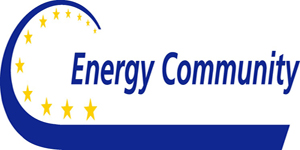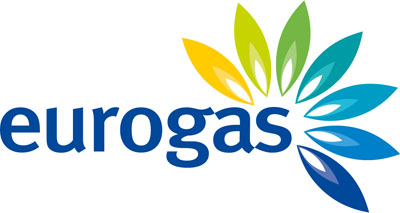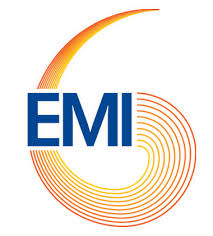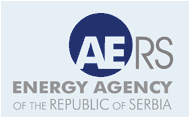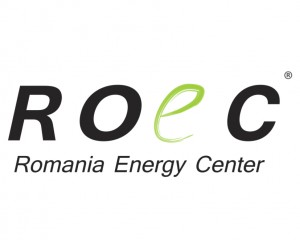Like most things, it sounds better in French, but the translation is simple enough that the message reverberates not only around Europe but to Algeria, Quebec and even among shale opponents in the US: Not here, not anywhere. Not today, not tomorrow.
The total lack of any nuance in the French shale debate poisons the shale debate worldwide. How many times do we hear in Lancashire or New York State or even in Denton, Texas that France has banned shale gas so why can’t we follow their example. Before antis dismiss me as right-wing Euro-sceptic French basher, let me out myself as would be left-wing Bernie Sanders (except shale) voter in the US and a Remain (in the EU) and Sadiq Khan (Labour candidate) for Mayor voter in London. I’m also a Francophile and French speaker who has been consistently mystified by the French blind spot about shale.
Rationality
A famous saying in France from the 1970’s was "We don’t have oil, but we do have ideas”.. Back then, that led to a sudden nuclearisation of the French power system, which replaced oil with nuclear. French power generation was thus almost 100% decarbonised via nuclear and hydro even before renewables entered the picture. French nuclear exports help Germany, the UK, Italy and Spain accelerate their renewable uptake.
France, more than anything is a country built on rationality. This is the country of Descartes after all, but is also one founded on great scientists likeLavoisier, the father of modern chemistry, Ampère in electricity, the Curies, etc. But bizarrely, paradoxically, and to Anglo-Saxon eyes, hypocritically, France today has oil but it no longer possesses ideas.
France has a long history in oil. Total, Schlumberger and Technip are only three huge companies which signify how ideas about energy don’t need to come from Texas or the UK or Russia where resources may actually be located.
Tax revenue
I won’t go too much into France’s problem with fracking. I’vewrittenextensivelyabout itover the years. The simple answer is that France’s politics combined in 2011 to produce a situation where all political parties suddenly found themselves aligned against shale, which led to a ban on shale exploitation, although it left a loophole for experimental drilling or research. The current Minister of Ecology, Sustainable Development and Energy, Ségolène Royal, has recently said the new Mining Code legislation will include a formal specific ban against hydraulic fracturing. (http://www.franceinfo.fr/fil-info/article/l-interdiction-d-exploiter-le-gaz-de-schiste-bientot-inscrite-au-code-minier-771157), which would close this last loophole.
The size of French shale resources is uncertain. The US Energy Information believes there may be over a hundred years of shale resources in France, while the US Geological Survey states there may be only 18 months worth. Even the lower estimate would mean several billions of French tax revenue lost due to imported gas. Equally important, both LNG and long distance Russian pipeline gas have a CO2 cost far above the CO2 impact of locally sourced supply. What is certain is that with no exploration, there can be no way of ever settling the question.
Josh Fox
We’re now at a strange conjunction. A few months ago a senior French (Socialist) politician I won’t name told me something very telling: "In English, France’s shale policy sounds like hypocrisy. In French, we call it a paradox”.
It’s only 13 months to the next Presidential Election. Until the Paris terror attacks, President Hollande was considered unlikely to run thanks to his failure on employment. The attack changed that and he may run again empowered by the terror issue. But in the interim, the government is threatening to enshrine a ban of even research into fracking in the new mining law that is only a few months away. Ségolène Royal sounds increasingly like Josh Fox without the banjo and beard when she describes shale as poisoning the water and completely unacceptable.
So in some ways, France shale sounds as if it’s completely buried. But is it?
Consider this. Last year, Engie SA agreed to buy liquefied natural gas (LNG) from Cheniere Energy Inc., increasing the importance of France as a market for U.S. fuel.
The Houston-based company will ship as many as 12 LNG cargoes a year to France’s Montoir-de-Bretagne regasification terminal under a five-year contract. The deliveries, on an ex-ship basis, will start in 2018 at prices linked to northern European markets. The LNG can alternatively be shipped to other European terminals.
U.S. LNG will help diversify the origin of gas consumed in Europe, according to Engie. A third of European gas demand is met by Russian gas delivered by pipeline from Siberian fields. Norway, domestic production and LNG from existing suppliers such as Qatar and Algeria account for the rest.
"Importing U.S. LNG will [help] to strengthen the security of supply of Europe,” Pierre Chareyre, Engie executive vice president in charge of global gas and LNG, said in the statement.
Sweatshops
If you don’t think this is a paradox, where Engie, the former Gaz de France in which the state still has a large share and a seat on the board is importing US shale LNG, here is another one. France’s leading utility company, EDF, 75% owned by the government which thinks shale is poisonous, iseven more invested in shale LNG. US LNG exporter Cheniere Energy last year made a deal to sell up to 24 cargoes to EDF from 2017 through 2018.
Let’s get this straight: Shale gas is so damaging a technique thatproductionof it must be banned in France, as an example to the world. Yet, it’s fine for it to beconsumedin France. Does something stink here?
This is like banning sweatshops but importing cheap clothes. It’s no different from banning GMO food and then eating it. ToSégolène Royal it’s an illegal substance yet one the government profits from.
If France’s virulent anti-shale opponents can demonstrate against shale in deepest France they should demonstrate against it in their space heating, hot water taps and at restaurant kitchens. They probably won’t. After all, with so many of them retired in the country, and EDF and Engie making up so much of their pensions, they may decide that while they don’t want shale gas near them, they will allow it into their wallet.
I say the French oil industry shouldn’t let the new mining code through Parliament without making the EDF/Engie shale paradox key to the debate.
France has to come to terms with a new paradox where they have both shale and ideas. Unfortunately when ideas are wrong-headed and out of date, legislating a ban on shale is something the French, and especially the jobless among them, will have to live with.
* Nick Grealy is director of the energy consultancy No Hot Air, specialising in public perception and acceptance issues of shale energy worldwide.
(www.energypost.eu)

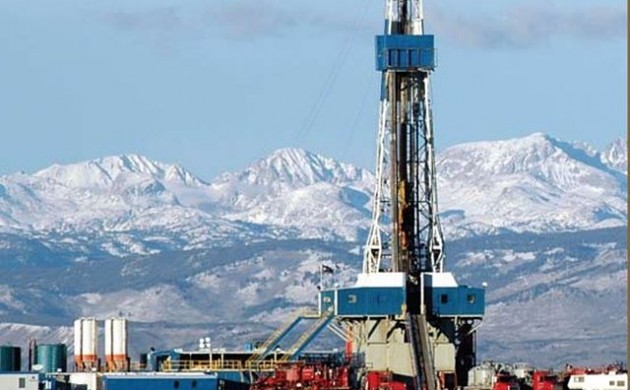 by Nick Grealy*
by Nick Grealy*

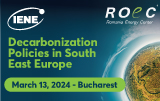

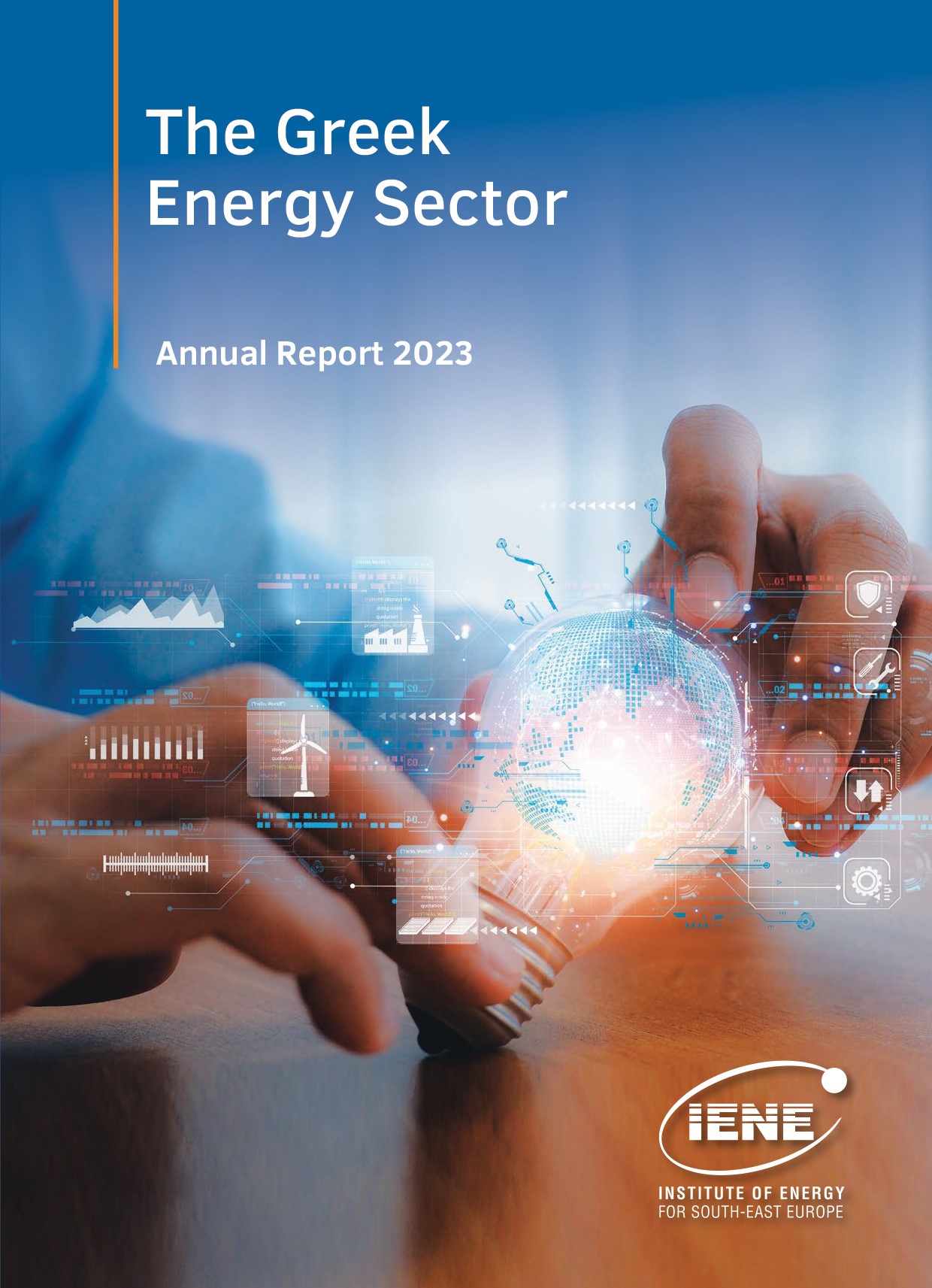
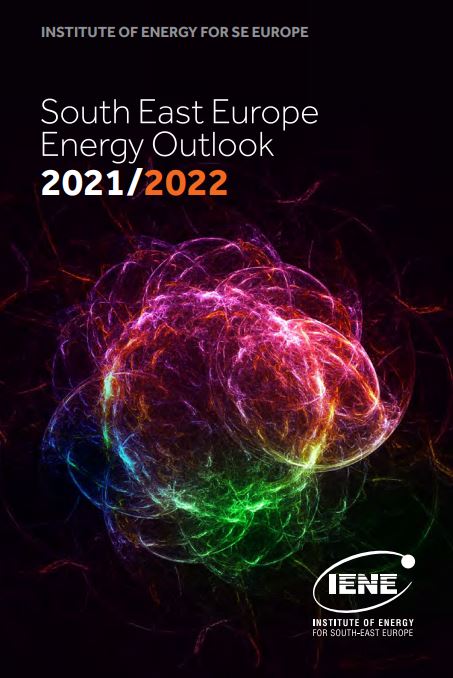
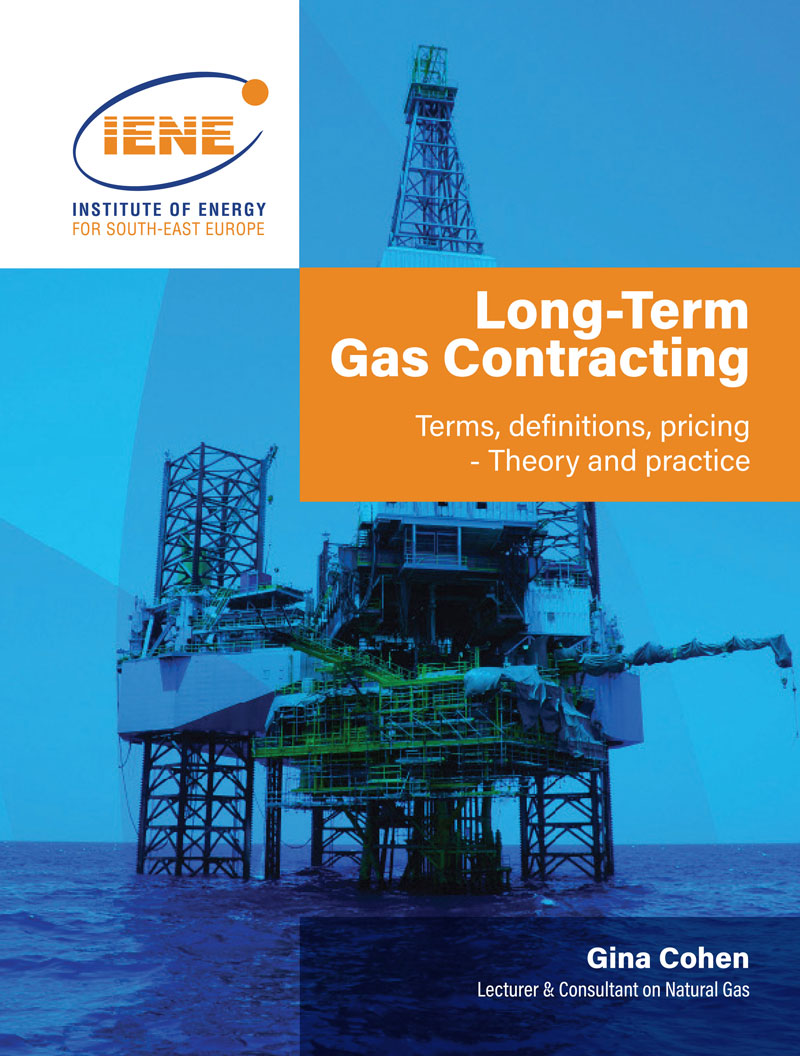 More
More
